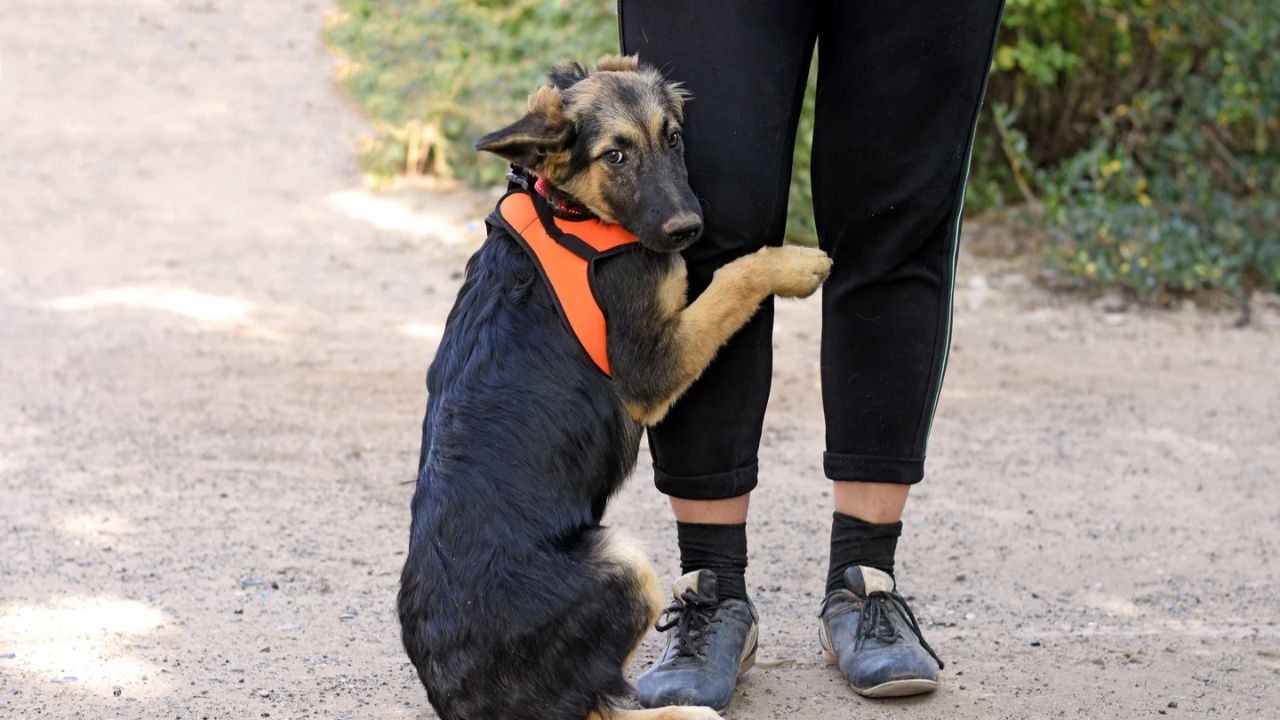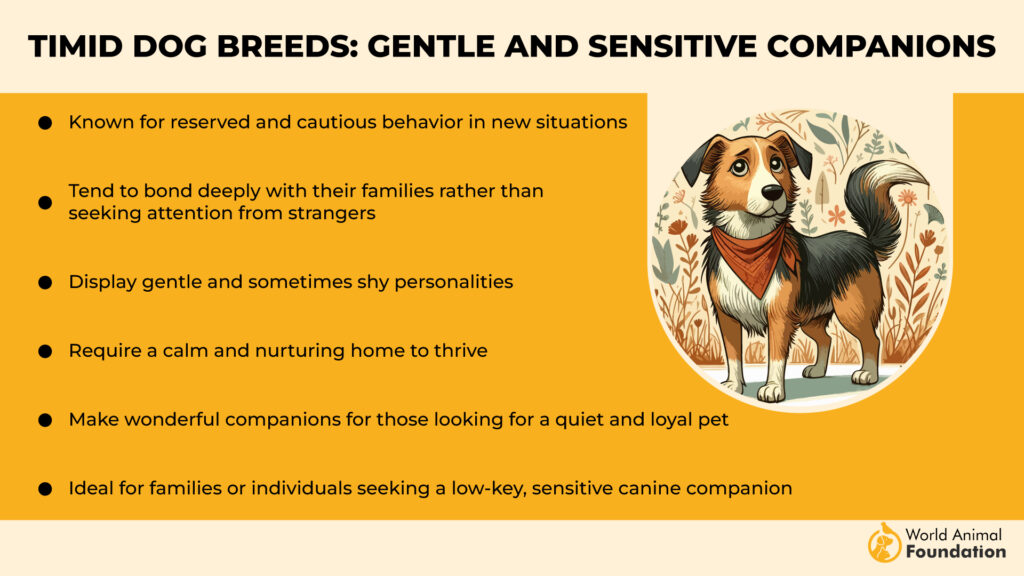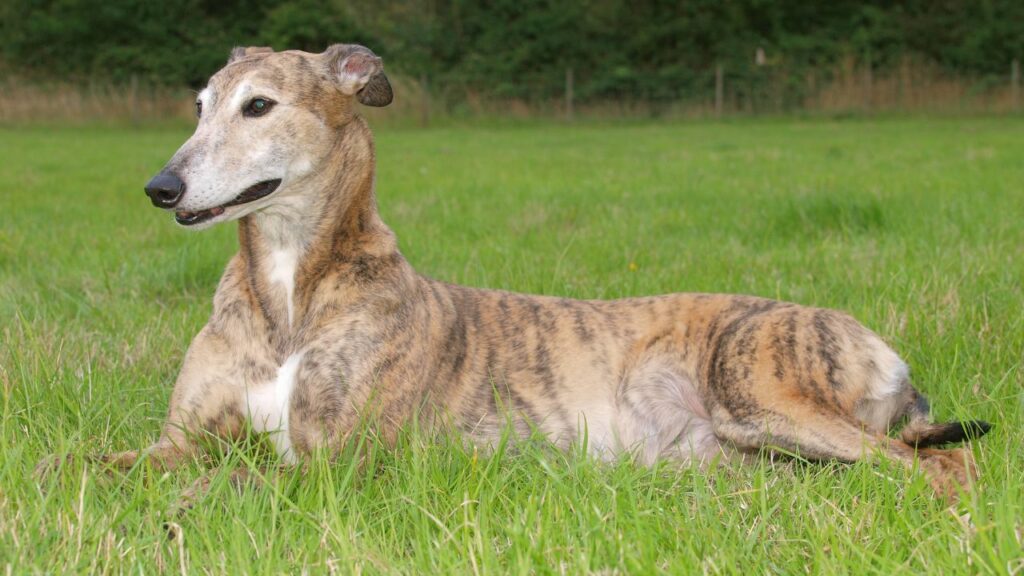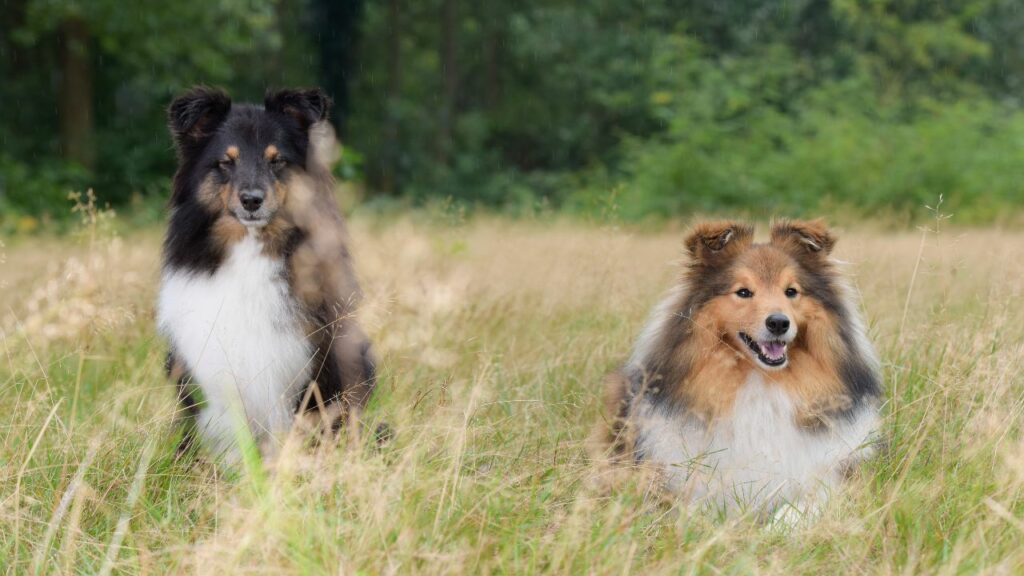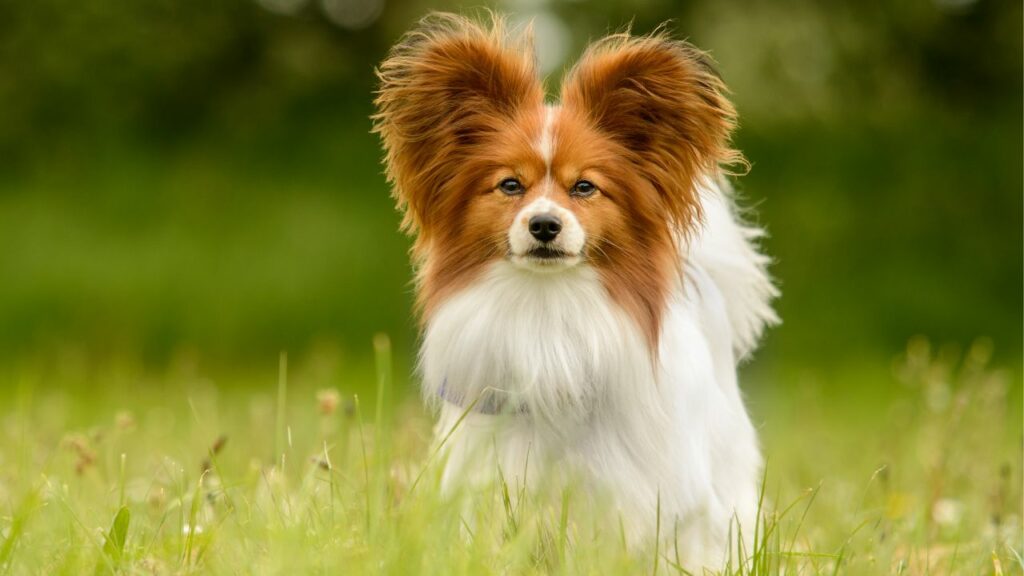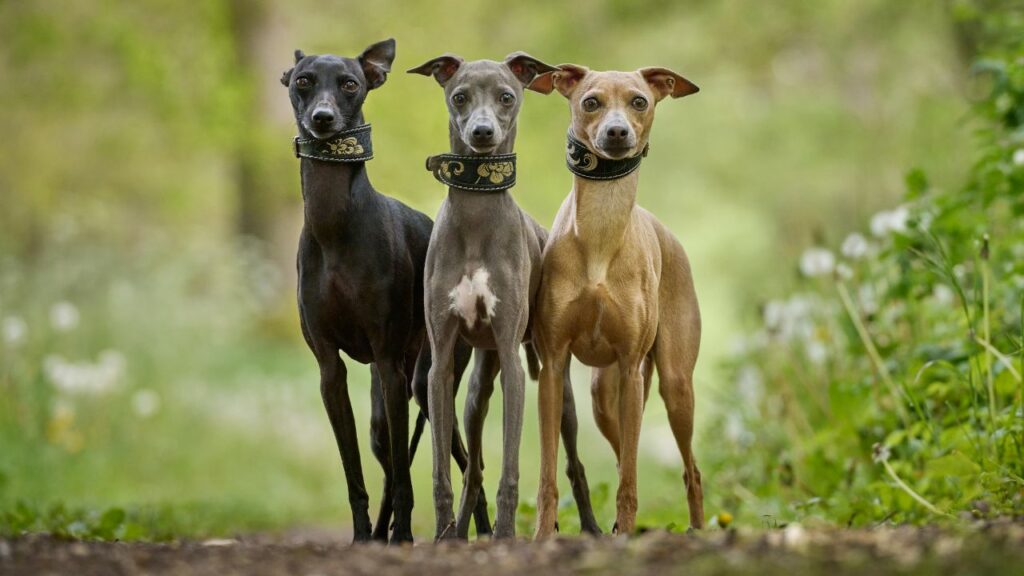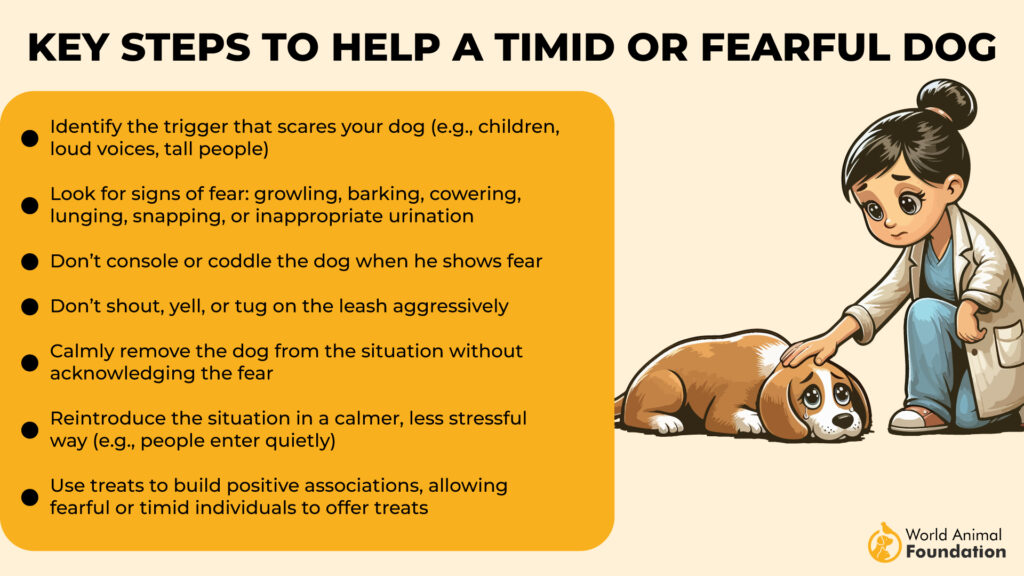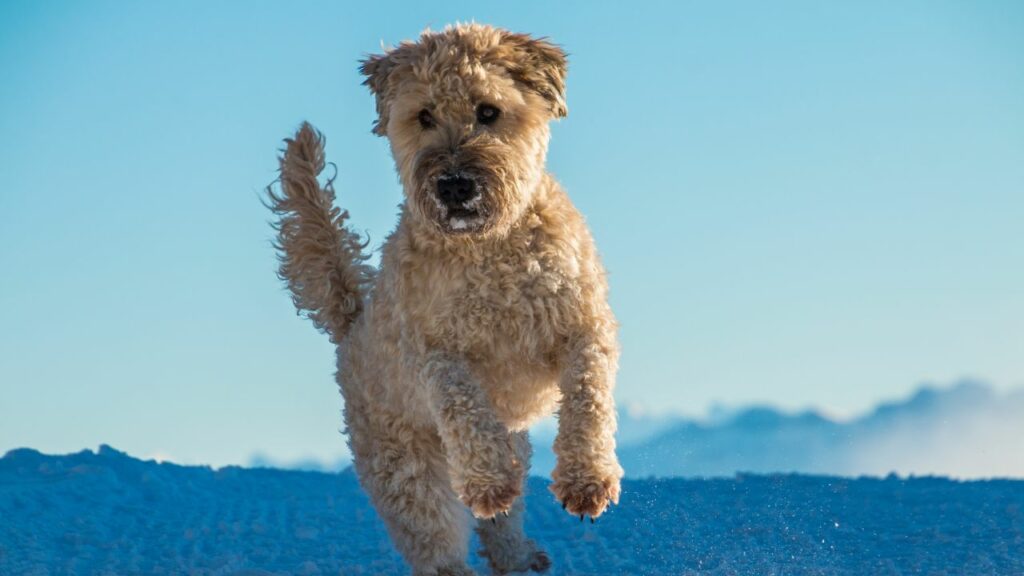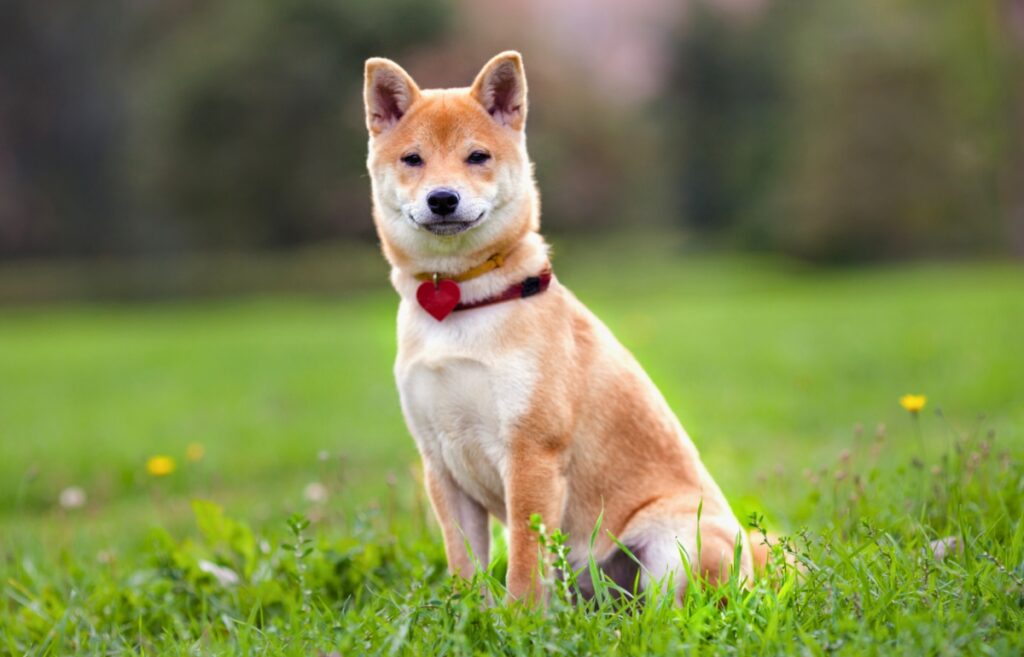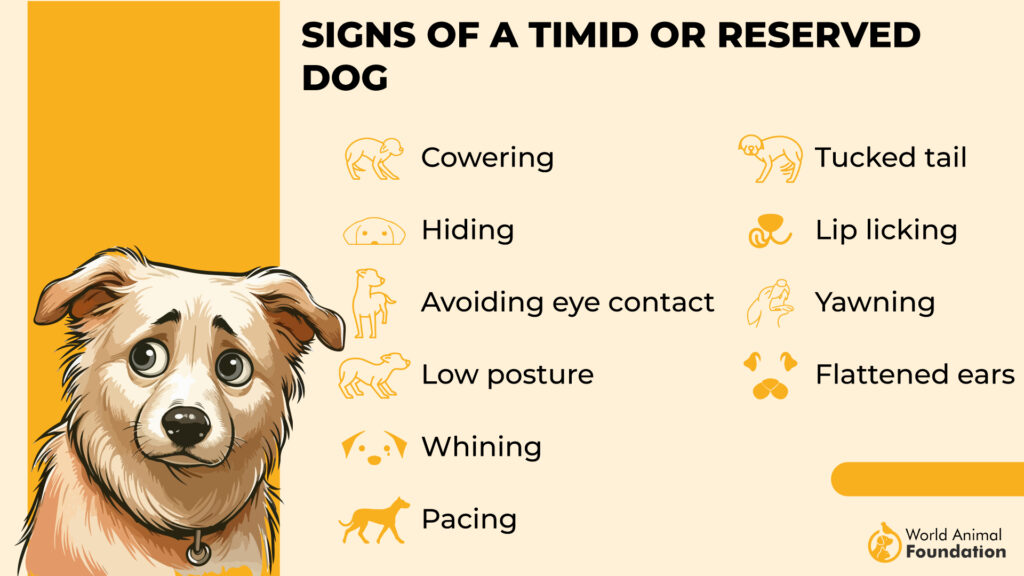Seeking a canine companion who prioritizes cuddles over chaos? Discover the joys of a gentle giant or a snuggly lap dog with our guide to the 9 most timid dog breeds. These breeds, known for their shy natures and aversion to conflict, are perfect for creating a serene home environment. From the elegant Greyhound to the fluffy Bichon Frise, we’ll explore the unique characteristics of these gentle souls and why they might be the perfect peaceful addition to your family. Prepare to be charmed by their quiet confidence and unwavering loyalty.
Timid dogs have a special way of tugging at our hearts with their soft eyes and gentle touches, often seeking comfort in the warmth of a caring human. Some breeds are naturally shy, an inherited trait passed down through generations, while others may develop their timidity due to past trauma or unsettling environments. These gentle souls require extra patience and love to help them feel safe and confident.
There’s something truly special about the quiet bond you form with them — a connection built on trust, where even the smallest gestures of affection feel like meaningful victories. Though they may seem reserved at first, once you earn their trust, their loyalty and love will melt your heart.
Here are the top nine most timid dog breeds, each ready to share their quiet affection with those who understand the beauty of vulnerability.
Most Timid Dog Breeds
1. Greyhound
The Greyhound is one of the most gentle and calm dog breeds, known for its naturally shy and timid demeanor. If you’re looking for a quiet, low-maintenance companion, a Greyhound could be a perfect fit. PetPlan states that these dogs are typically reserved and may seem a bit aloof at first, but they thrive in familiar surroundings with people they trust.
While Greyhounds are known for their incredible speed, they’re actually laid-back and love lounging around, making them great indoor companions. However, their shy nature means they may take time to warm up to new people and environments, so patience is key. Socializing them gradually and in a supportive way can help build their confidence.
Greyhounds respond well to positive reinforcement training, where praise and rewards encourage good behavior. It’s important to introduce them to new situations gently, allowing them to feel safe as they build trust with you.
2. Shetland Sheepdog
Shetland Sheepdogs, or Shelties, are beloved for their gentle, sweet personalities, making them wonderful family pets. These playful and affectionate dogs are also known for being quite timid, which adds to their charm. Shelties are highly intelligent and eager to please, which makes them excellent at obedience training.
Though they are friendly with their families, Shelties can be cautious around strangers. This makes them great watchdogs, as they will often bark to alert their owners of unfamiliar people. They also tend to bark when excited, but they are not typically aggressive.
According to Hill’s Pet, Shelties are active, hardworking dogs by nature, so they need plenty of mental and physical stimulation. They enjoy spending time with their owners and don’t do well being left alone for long periods. Although they can bark excessively, with proper training and attention, they adapt well to small homes or apartments, provided they get regular exercise in a fenced yard or on a leash.
3. Papillon
The Papillon is a truly stunning breed, known for its light, dainty, and graceful appearance. A favorite among toy breed enthusiasts, these dogs were originally bred as companions for European nobility, with notable admirers like Marie Antoinette and Louis XIV. While Papillons are generally shy, they are never aggressive, making them a gentle addition to any family.
Papillons can be wonderful family pets, though it’s important to supervise them around small children who may not understand how to properly interact with a dog. These dogs are highly intelligent and energetic, but they don’t handle being left alone very well.
WebMD points out that they thrive on companionship and need plenty of attention, so if you’re considering adopting a Papillon, make sure you can provide the consistent care and time they require to stay happy and healthy.
4. Whippet
The Whippet is known for being one of the least aggressive dog breeds, both towards people and other dogs. With a gentle and affectionate nature, this breed is incredibly timid and reserved, yet still has a playful and lively side.
Whippets are a unique blend of athleticism and sensitivity, making them both speedy and full of grace, while also embodying a calm and gentle demeanor. However, as sighthounds, they do have a natural instinct to chase smaller animals.
PDSA states that socializing your Whippet from a young age is essential, as it helps them build confidence and reduces nervousness around new people, experiences, and other dogs. Without proper socialization, Whippets may become more anxious and shy. Like many dogs, they don’t do well when left alone for long periods and can develop separation anxiety, so they thrive best in environments where they get plenty of attention and companionship.
5. Soft-Coated Wheaten Terrier
The Soft Coated Wheaten Terrier is an intelligent, playful, and affectionate breed, making it a wonderful addition to any family. Originally developed in Ireland as an all-purpose farm and hunting dog, this breed is known for its friendly, people-oriented nature.
According to Orvis, while Wheatens do exhibit typical terrier traits like a high prey drive, barking, and a bit of bossiness, they stand out for their loving and affectionate personalities.
Wheatens are always eager to be around people and love attention, thriving on companionship. They are intelligent but can be a little headstrong, so patience and positive reinforcement are key when training them. With their endless energy and playful spirit, Wheaten Terriers are in constant “play mode,” making them a great match for active families who can keep up with their lively nature.
6. Basenji
The Basenji is a reserved and timid dog breed, known for being friendly, affectionate, and protective of their families. While they can be shy around new people at first, they tend to warm up once they feel comfortable. Basenjis often do better with older children, so it’s important to socialize them early if you plan to have them around younger kids.
These active dogs love daily exercise and enjoy activities like agility training and running lure courses. Although they are not commonly used for hunting anymore, Basenjis make wonderful family pets.
Interestingly, they don’t bark, but instead communicate with yodels, growls, and even a distinctive scream. Historically, hunters would outfit Basenjis with bells to keep track of them during hunts, given their quiet nature. Despite their timidity, they are loving companions with unique traits.
7. Tibetan Spaniel
Tibetan Spaniels are cheerful and adaptable dogs, known for their love of both playtime and relaxing with their family. Whether it’s going on an outing or curling up on the couch, these dogs are equally happy. Although well-socialized Tibetan Spaniels, or “Tibbies,” tend to get along with other pets and dogs, they may be a bit reserved when meeting new people.
With a history of working as watchdogs, Tibetan Spaniels have sharp senses and will alert their owners when a stranger is near, though they are not excessive barkers. Their quiet nature makes them a good fit for apartment living, and they easily adapt to different lifestyles, including homes with multiple pets.
These low-energy dogs do require some grooming to keep their silky double coat looking their best. Valuing human companionship, Tibetan Spaniels also make wonderful lap dogs, offering affection and loyalty to their families.
8. Shiba Inu
Shiba Inus are known for being hand-shy and skittish, which can make them anxious around young children. Their naturally nervous disposition means that the unpredictable energy of kids can be overwhelming or stressful for them. These dogs thrive in calmer environments where they feel safe and less threatened by sudden movements or loud noises.
Despite their anxious nature, Shiba Inus are intelligent and emotionally aware. They are smart enough to prioritize their own needs, often showing a strong sense of independence.
While they can be friendly, they are also opinionated and vocal, especially when feeling stressed or anxious—leading to the well-known “Shiba scream” that owners are all too familiar with. Due to their high energy and intelligence, Shibas require plenty of mental stimulation and physical exercise to stay happy and balanced.
9. King Charles Spaniel
Cavalier King Charles Spaniels are small in size but full of personality, known for being both playful and gentle. These outgoing dogs love attention and interaction, making them great companions for families. They have a sweet, affectionate nature and a strong desire to please their owners, though training requires consistency and patience.
According to WebMD, as Cavaliers can become timid as they grow older, early socialization with other dogs and people is important. This helps make training smoother and ensures they grow into well-adjusted, confident adults.
One thing that stands out about these dogs is their ever-wagging tails, a sign of their constant joy. They are wonderful family pets, especially for homes with young children, as they are incredibly affectionate and enjoy lots of physical attention, from belly rubs to cuddles.
Conclusion
Shy dog breeds may not be the first to greet strangers or leap into new situations, but they have their own unique charm. These timid breeds thrive in a calm environment where they can slowly adapt at their own pace and learn to feel secure. Whether they are large dogs or of small stature, these breeds often need extra patience and care, but their loyalty and gentle nature make them wonderful companions. For a dog owner who understands the importance of creating a safe space and fostering confidence, these dogs can form deep, loving bonds.
While not all of these breeds are natural social butterflies, with early training and gradual exposure to new environments, even the most timid breeds can grow more confident. Puppies from these breeds especially benefit from positive socialization to ensure they don’t become overly shy as they mature. Though they may not be the best guard dogs, they make up for it with their affectionate, gentle temperament, making them ideal companions for those who appreciate a calm, peaceful relationship with their furry friends. Certain breeds may require more time to adjust, but once they feel at home, they offer a deep sense of trust and companionship.
For those seeking a gentle, laid-back canine companion, these nine timid breeds offer a wonderful path to a peaceful home. While individual personalities vary, these breeds are generally known for their shy, sensitive natures, thriving in calm environments. Remember that proper socialization is crucial, even for timid breeds, to help them build confidence and adapt to new situations. With patience, love, and a gentle approach, these dogs blossom into devoted and affectionate family members, bringing quiet joy to any household.

